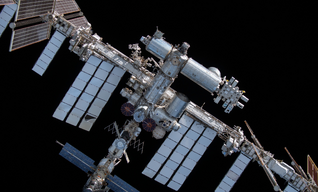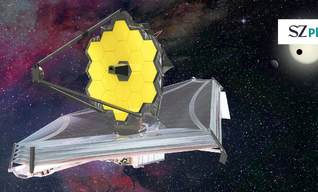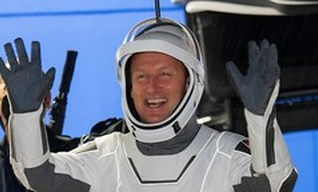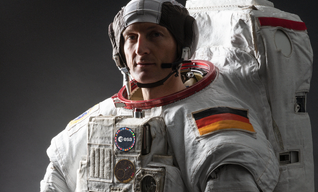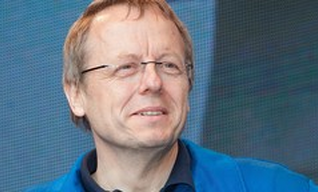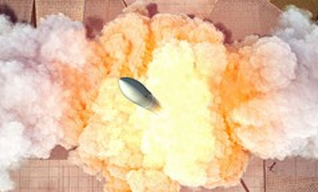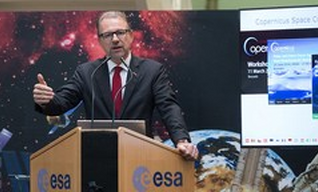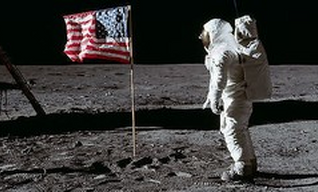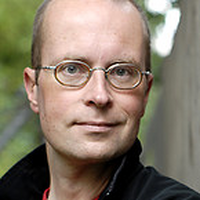
Alexander Stirn
München
-
Noch keine BeiträgeHier wird noch geschrieben ... bitte schaue bald nochmal vorbei

Alexander Stirn
-
astronomie
-
fotografie
-
raumfahrt
-
technik
-
wissenschaft
-
reportagen
-
mobilität
-
luftfahrt
Werdegang
Alexander Stirn, Jahrgang 1972, lebt, schreibt und bloggt als freier Wissenschaftsjournalist in München. Wenn er nicht gerade Nasa-TV schaut, berichtet er über Luft- und Raumfahrt, Astronomie sowie über alles, was Drähte, Schrauben oder Schaltkreise hat.
Berufserfahrung: Redakteur und Chef vom Dienst beim Magazin “Süddeutsche Zeitung WISSEN”, Ressortleiter Wissenschaft bei “Spiegel Online”, Wissensredakteur bei “Matador”. Seit Juli 2007 freier Wissenschaftsjournalist mit eigenem Redaktionsbüro
Ausbildung: Deutsche Journalistenschule (DJS) in München, 40. Lehrredaktion (Kompaktklasse)
Studium: Physikstudium an der Universität Würzburg und der University of Texas in Austin, Studium der Politischen Wissenschaft, Soziologie und Volkswirtschaftslehre an der Universität Würzburg
Auszeichnungen
UMSICHT-Wissenschaftspreis – Kategorie Journalismus
2016: Preisträger für „Goldgrund“
Hugo-Junkers-Preis der Deutschen Luft- und Raumfahrtpresse
2012: Preisträger für „Sternwarte im Jumbojet“
PUNKT – acatech-Preis für Technikjournalismus
2012: 1. Preis „Tageszeitung“ für „Klempner am Meeresgrund“
Deutscher Journalistenpreis für Luft– und Raumfahrt
2011: 1. Preis (Print) für „All-Tours“
PUNKT – acatech-Preis für Technikjournalismus
2009: 1. Preis (Tageszeitung) für „Rochenflügel“
Ludwig-Bölkow-Journalistenpreis
2006: 1. Preis (Print) für „Fliegende Flunder“
Axel Springer Preis für Junge Journalisten
2002: 1. Preis (Online) für „15 Jahre Mir: Ende einer Dienstfahrt“
Stipendien
Robert-Bosch-Stiftung
2013: Medienbotschafter China-Deutschland
Auftraggeber
NZZ , National Geographic , P.M. Magazin , Spektrum der Wissenschaft , Süddeutsche Zeitung , Technology Review
Weitere Profile
Facebook , Flickr , Instagram , LinkedIn , Twitter
Fehler!
Leider konnte der Artikel nicht gefunden werden.
We can't find the internet
Attempting to reconnect
Something went wrong!
Hang in there while we get back on track

